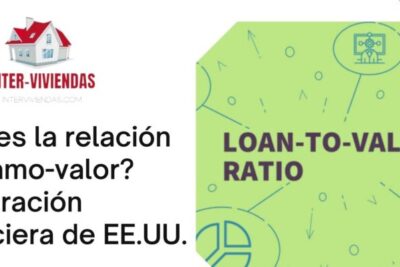In this article we share with you an important topic such as Medical Loans. Salaries for medical professionals tend to be much higher than the average American salary, but most leave school with a considerable amount of student debt. Such high debt often prevents them from obtaining a mortgage for several years. With loans for physicians, many new doctors, surgeons, dentists, veterinarians, and even medical residents can buy a home without waiting.
What is it?
Medical loans are designed for medical professionals who earn or will earn a very high salary but still have significant student debt. Lenders typically won’t be willing to lend hundreds of thousands of dollars to borrowers who haven’t been in their current position for a long time or who have six-figure student loan debt. However, knowing that medical professionals tend to be among the highest earners and have proven to be generally responsible borrowers in the past, lenders feel it’s safe to lend to these promising doctors.

Advantages and disadvantages
Advantages of medical loans include low or no down payment requirements . Lenders point out that while newly graduated medical professionals may not have much extra money due to their academic debt, their earning potential is so high that they can maintain student loans and mortgages. Not having to save for a down payment means that doctors can buy a home sooner .
Another benefit is that medical loans do not require private mortgage insurance (PMI) for loans with less than 20% down payment. This allows the borrower to save significantly on PMI premiums each year.
Of course, perhaps the biggest advantage is that traditional debt-to-income ratio rules don’t apply to medical loans. Student loan debt isn’t a factor in this equation, making it easier for doctors to own a home.
The downside is that healthcare professionals may end up taking out a higher mortgage than they can actually afford. When you start paying off your student loans, your total debt may end up being higher than expected, which could lead to default.
Plus, there’s always the risk that the first job won’t work out and the borrower will have to quickly move or find a new job to pay the mortgage.
How to qualify
The most important qualifying factors for a medical loan are your credit score and non-student debt-to-income ratio. Borrowers must have a good credit score of 700 or higher. And, as with all loans, the higher the score, the higher the mortgage interest rate .
While student loan debt will not be considered when underwriting your medical loan, all other debt will be. Those with large car loans or credit card balances will have a hard time getting these loans. Your debt-to-income ratio (excluding student loan debt) must be 42% or less.
For self-employed physicians, lenders want to see a longer employment history and two years of profit and loss statements.
For medical professionals fresh out of school, the dream of homeownership may not be as far away as it seems. With medical loans, homeownership can now be a reality.
As you can see, it is a very important topic when it comes to our health. We always have to invest since it is long-term. In the blog we also share with you how you can invest to have a home. Remember that all this information is supported by official sources.





